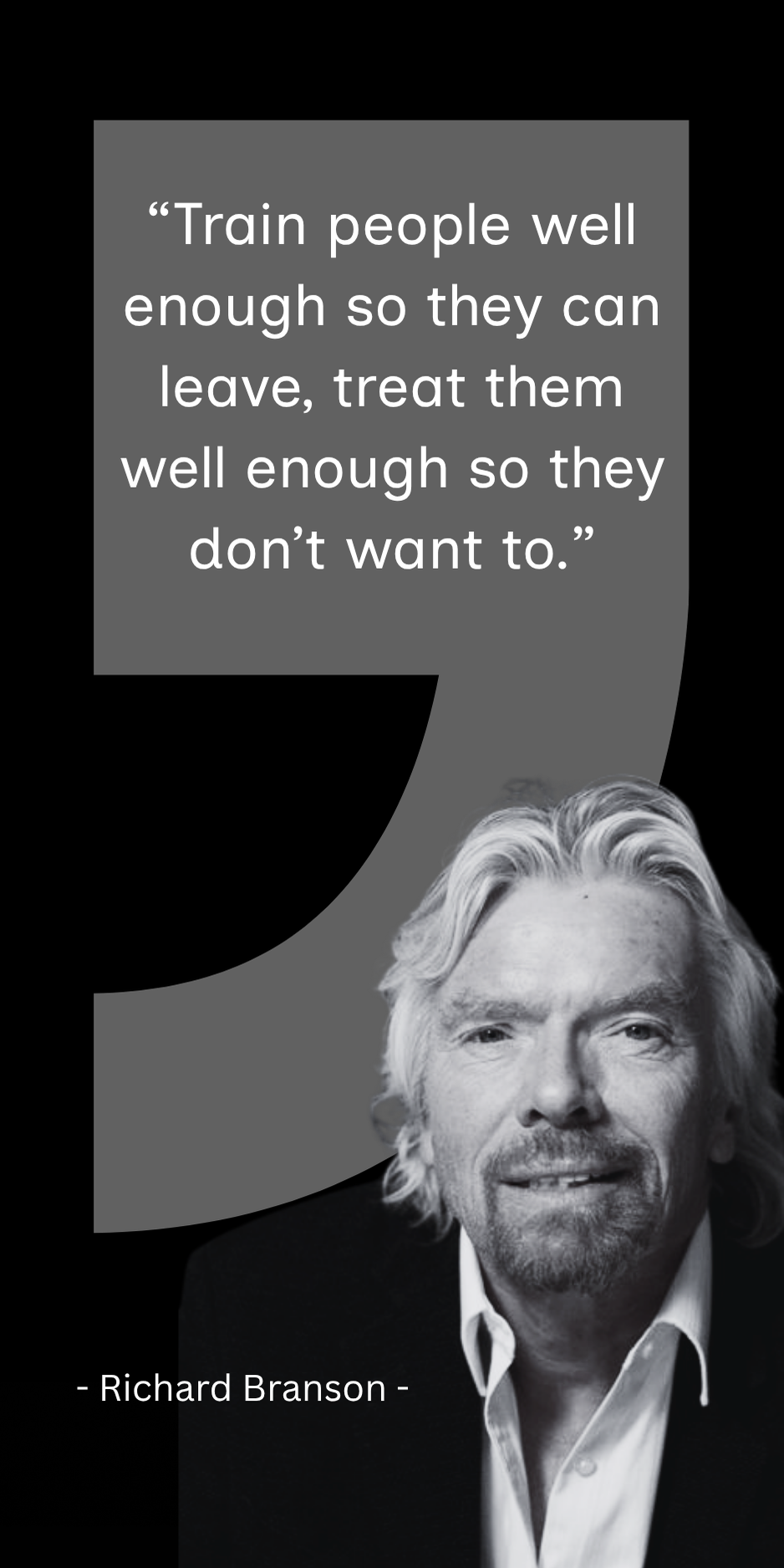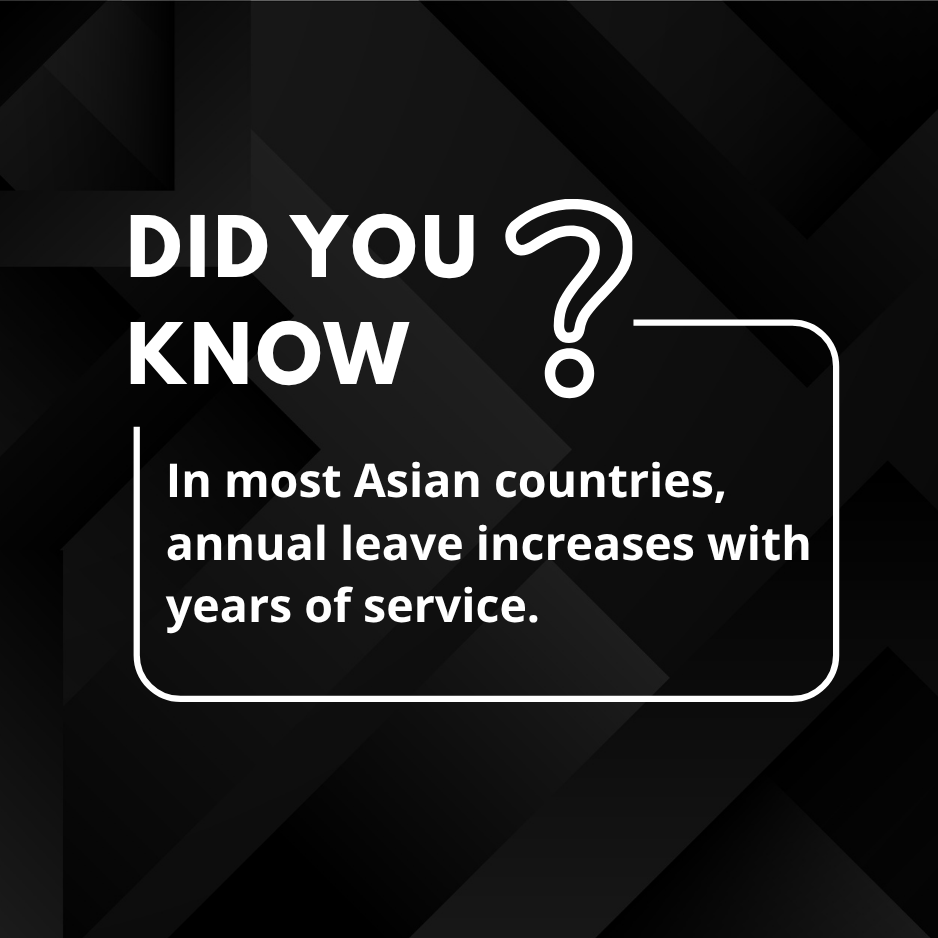Now Reading: From Warehouse to Workplace: Lessons from Lean Management for HR Efficiency
-
01
From Warehouse to Workplace: Lessons from Lean Management for HR Efficiency
From Warehouse to Workplace: Lessons from Lean Management for HR Efficiency
By Nadeesha Hemamali, Undergraduate, SLIIT Business School
In my studies as a student specializing in Logistics and Supply Chain Management, one concept that constantly stands out is Lean Management. the philosophy of eliminating waste, optimizing flow, and continuously improving processes. While it is traditionally associated with manufacturing and logistics, I’ve come to realize that the essence of lean thinking extends far beyond the warehouse floor. Its principles are equally powerful when applied to Human Resource Management (HRM), where efficiency, engagement, and adaptability define organizational success.
During modules such as Lean Management, Strategic Management, and Project Management, I’ve learned how organizations strive to maximize value while minimizing inefficiency. In a supply chain, this means streamlining operations, reducing delays, and aligning every activity with customer needs. But in HR, the “flow” is not of goods or materials it’s of people, skills, and ideas. The more I explored this connection, the more I understood that HR can learn a great deal from the logic of lean.
In logistics, waste can take many forms: excess inventory, unnecessary movement, or idle time. Similarly, in HR, waste often hides in inefficient recruitment cycles, redundant administrative processes, or underutilized talent. Just as a lean supply chain identifies bottlenecks and eliminates non value adding steps, a lean HR approach questions whether every policy, meeting, or approval adds real value to employees and the organization.
For instance, through our coursework in Project Management, I studied how visual tools like process maps and Gantt charts help identify inefficiencies. When applied to HR workflows such as onboarding or performance evaluation these tools can simplify communication, reduce delays, and improve the overall employee experience. It’s about creating processes that empower people rather than overwhelm them with bureaucracy.
Continuous Improvement Through People
A key principle of Lean Management is Kaizen, continuous improvement driven by everyone, at every level. In a supply chain, this might mean small daily changes that improve efficiency. In HR, it could mean fostering a culture where employees are encouraged to share feedback, experiment with new ideas, and continuously enhance how work gets done. During my Strategic Management module, I learned how culture is a powerful enabler of strategy. The most efficient systems in the world can still fail if people aren’t motivated to make them better. HR’s role, therefore, isn’t just to manage people it’s to create an environment where improvement becomes a shared responsibility. When employees feel empowered to identify problems and contribute solutions, organizational learning accelerates naturally.
Another major takeaway from my Logistics Management and Inventory and Warehouse Management modules is the importance of flow ensuring materials move smoothly without interruptions. Translating this into HR terms, “flow” refers to how smoothly information, decisions, and development opportunities move through the organization. Many companies still struggle with siloed communication, slow decision making, or outdated performance systems. A lean mindset in HR means designing processes that allow talent, ideas, and decisions to move freely across levels and departments. For example, real time feedback systems and cross functional collaboration tools reflect the same agility that modern supply chains aim to achieve. Flexibility, too, is crucial. In supply chains, we study Just In Time (JIT) delivering resources exactly when and where they’re needed. In HR, this translates to Just In Time learning and reskilling providing training precisely when an employee needs it, rather than through rigid annual schedules. This not only saves time but also enhances learning relevance and retention.
While Lean Management emphasizes efficiency, it also reminds us that true efficiency is achieved through respect for people. In the Lean Management module, I learned that Toyota’s lean philosophy was built on two pillars: continuous improvement and respect for people. HR, at its core, embodies that second pillar. No matter how advanced a process or system becomes, the human element remains central. For example, in Strategic Sourcing, we evaluate suppliers not only on cost but also on reliability and relationships. Similarly, HR must view employees not as resources to be optimized, but as partners in co creating value. Efficiency should never come at the expense of engagement, motivation, or well being.
Bringing Lean Thinking into HR Strategy
As I progress through my degree, I increasingly see how Lean principles can help HR evolve from a transactional function to a strategic enabler. By reducing waste, encouraging collaboration, and empowering people to innovate, HR can mirror the operational excellence that Lean brings to supply chains. Imagine HR teams using process improvement cycles similar to those in manufacturing, regularly reviewing hiring practices, training programs, or reward systems for efficiency and effectiveness. This mindset not only improves productivity but also strengthens trust, as employees see that their time and effort are valued. My learning journey at SLIIT has taught me that systems and people are not separate, they are interdependent. The same logic that keeps a supply chain running smoothly can also help an organization nurture a high performing, people first culture. Lean Management taught me to see value in every process, but HR reminds me to see value in every person. When these two ideas meet, organizations become not just efficient but truly human centered.











